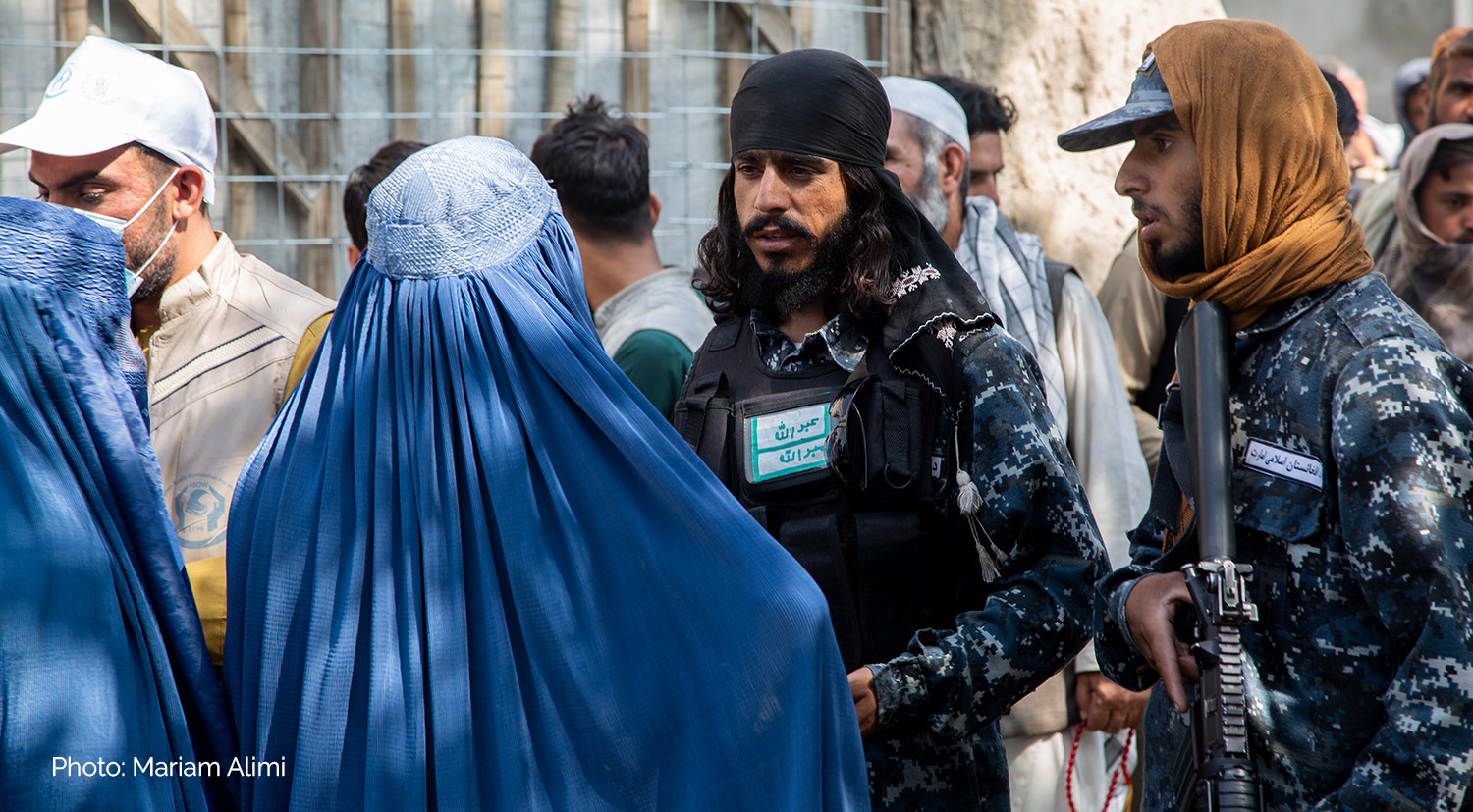 By: Murtaza Afzali
By: Murtaza Afzali
Human Right Activist, PhD candidate in International Economics, London, UK
Opinion | June 22, 2023
In the wake of the Taliban’s takeover of Afghanistan, the country is plunging into an abyss of human rights violations, particularly targeting women. Afghan women find themselves stripped of their most basic and fundamental rights, as they face exclusion from political, social, and economic life. This glaring contrast to the global advocacy for gender equality shines a spotlight on the grave situation faced by women in Afghanistan, who are being denied their natural and basic rights such as education, employment, political participation, and freedom of expression. The response of the Taliban to women’s protests and demands for their rights has been nothing short of ruthless, marked by intimidation, suppression, arbitrary arrests, imprisonment, killings, and torture.
Under the Taliban’s rule, Afghan women are subjected to widespread and systematic discrimination, enduring the harshest restrictions and deprivation. Let us delve into some key areas where Afghan women bear the brunt of this alarming human rights crisis.
The Right to Education
Education is universally recognized as a fundamental human right. However, Afghanistan stands as the only country where women are systematically deprived of this right. The Taliban regime has imposed a complete ban on women attending schools, universities, or any educational institutions. This denial not only perpetuates inequality but also hampers the nation’s overall development. The minds and potential of Afghan women are being stifled, leaving a deep scar on the country’s future.
Freedom:
The Taliban’s restrictions on women’s freedom are all-encompassing, suffocating their ability to live as autonomous individuals. Afghan women are mandated to wear the oppressive and dehumanizing black attire known as the burqa, with any deviation punishable, even in official spaces. This requirement to cover their faces further erases their identities and marginalizes them from society. Women also face severe limitations on their freedom of movement, with travel restrictions and denial of access to public spaces. These oppressive measures curtail their autonomy and violate their basic rights to personal freedom and dignity.
Right to Work and Employment
The right to work and choose a profession is a cornerstone of human rights. However, the Taliban has imposed severe restrictions on women’s employment opportunities. Women who held positions in various sectors, including ministries, government offices, courts, and the police, have been forcibly removed from their jobs. The same fate befalls women in trades, arts, media, journalism, and private companies under Taliban orders. In fact, a recent Taliban decree prohibits women from all occupations, leaving many breadwinners and sole providers unemployed and mired in poverty. This deprivation not only hampers the country’s economy but also inflicts untold suffering and desperation upon Afghan women.
Right to Political Participation
The right to political participation is explicitly stated in international documents, emphasizing equal opportunities for women and men. However, the Taliban has completely excluded women from the political landscape of the country. Despite Afghanistan’s commitment to these conventions and human rights documents, women are absent from the Taliban’s cabinet and high government positions, indicating a grave violation of their rights. This exclusion not only undermines the principles of democracy but also perpetuates a patriarchal and oppressive system.
Right to Peaceful Assembly and Protests:
Freedom of assembly and peaceful demonstrations are fundamental human rights, enshrined in international law. However, the Taliban’s brutal suppression of dissent has led to a chilling effect on these rights in Afghanistan. According to recent reports, the Taliban has responded to protests with excessive force, particularly targeting women activists and demonstrators.
In one instance, during a peaceful protest led by women demanding their rights, the Taliban violently dispersed the gathering, resulting in several injuries. Witnesses reported that women were specifically targeted, subjected to beatings and verbal abuse. This harsh response highlights the oppressive tactics employed by the Taliban to silence any form of dissent.
Disturbing numbers of arrests have been documented, with women activists and protesters facing arbitrary detention, often without due process. Reports have also emerged of cases where abducted women, including civil activists and media personnel, were later found dead. These shocking incidents not only violate basic human rights but also instill fear and terror among those striving for a more inclusive and just society.
The scale and severity of these violations demand immediate and decisive action from the international community. Governments, organizations, and individuals must raise their voices, condemn these atrocities, and exert pressure on the Taliban regime to respect human rights, especially the rights of Afghan women.
Moreover, targeted sanctions should be considered to hold the perpetrators accountable for their actions. Diplomatic efforts must be intensified to engage with regional and international partners to address this human rights crisis and seek effective solutions.
It is crucial to amplify the voices of Afghan women who bravely resist the oppressive regime. Their stories need to be shared globally to garner support, solidarity, and awareness. Protecting their safety and ensuring their well-being should be paramount in any intervention or assistance provided.
Support for Afghan women in their fight for justice, equality, and the restoration of their fundamental rights is not only a moral obligation but also a necessary step towards building a just and equitable society in Afghanistan. Only through concerted efforts and sustained international pressure can we hope to bring about meaningful change and protect the rights of Afghan women and girls.
Sources:
1. Universal Declaration of Human Rights, 1948.
2. International Covenant on Civil and Political Rights, 1966.
3. International Covenant on Economic, Social and Cultural Rights, 1966.
4. Convention on the Elimination of All Forms of Discrimination Against Women, 1979.
5. Convention on the Political Rights of Women, adopted in 1952.
6. Convention on the Rights of the Child, 1989.


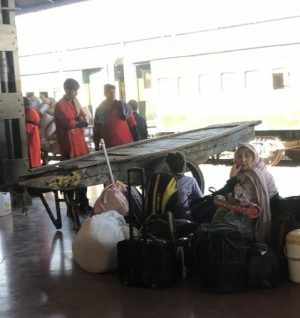
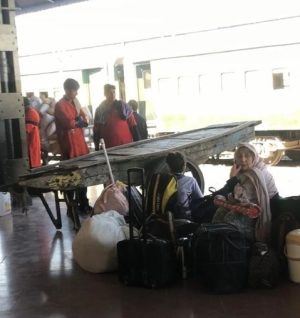
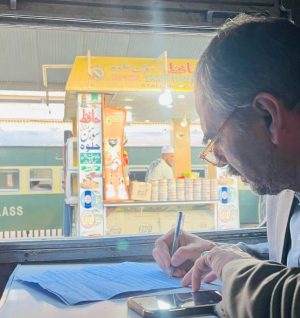
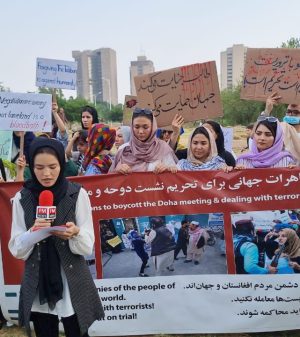
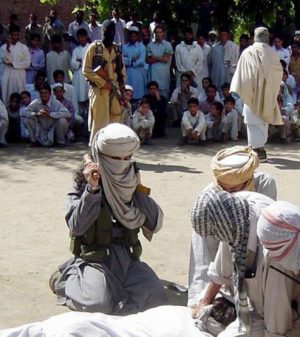
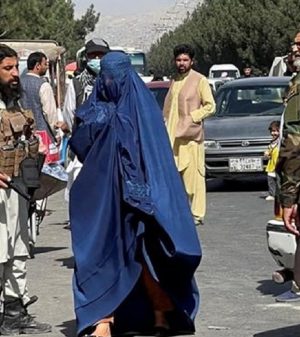
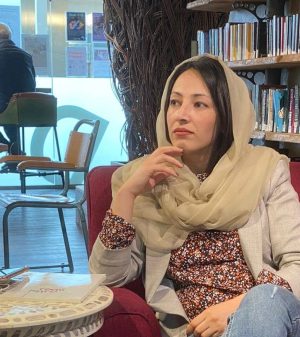
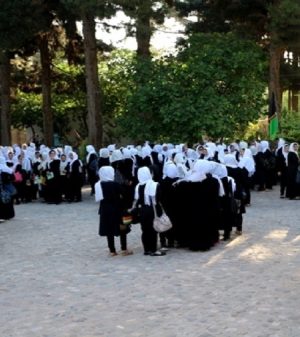
Add Comment